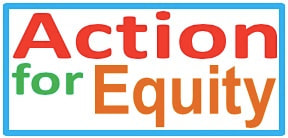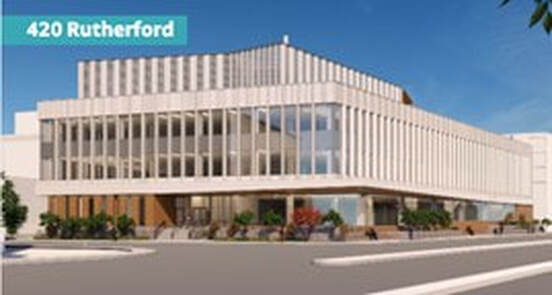The amount of new development in Boston and surrounding cities is changing the landscape in front of our eyes. City policies in Boston have promoted development. The city budget is majority funded with real estate taxes, so growth brings in revenue.
However, we feel the problems of development done wrong:
Right now, the development process in Boston and elsewhere is “site-by-site”. Will that work for us?
How can development be both managed and leveraged to create the communities and society we want?
However, we feel the problems of development done wrong:
- Existing housing that people are living in is bought and torn down, so more expensive units can be built—with current residents pushed out of the city.
- “Jobs-led” displacement leads to rents rising in existing housing because of the number of people coming in to the city for the new jobs that are being created. And we know the overwhelming number of those new hires are white, not matching Boston’s current demographics.
- Gentrification is pushing up rents, to match the new luxury units being built.
Right now, the development process in Boston and elsewhere is “site-by-site”. Will that work for us?
How can development be both managed and leveraged to create the communities and society we want?
420 Rutherford is one of the many new developments underway.
Source: Picture is from presentations made to the BPDA and the public.
Source: Picture is from presentations made to the BPDA and the public.
Life Science R&D/Lab Development in Boston—50 new sites in front of the BPDA, 45,000 new jobs
Over 50 separate sites are now in front of the BPDA in some stage from Letter of Intent to Construction. Over 18 million square feet of R&D/lab space! And this is just the life science space--the overall projects total almost 50 million square feet. This is based on a list provided to us in December 2021 by the City of Boston.
Developers are all promising jobs—but who will get the jobs?
What training needs to start now, so current residents will be ready when the hiring for the expansion starts? What new on-ramps are needed for residents who have skills, credentials and experience change careers from low wage sectors to this new opportunity.
Developers are estimating there could be 45,000 new jobs. This is on top of the annual 15,000 new job postings in Boston now.
Action for Equity/Jobs Action Network is reaching out to the City of Boston, developers, and key industry leaders to make a city-wide plan for access for BIPOC residents that meets employers’ talent needs.
Interested? Get in touch with Tarshia Green-Williams, [email protected]
Developers are estimating there could be 45,000 new jobs. This is on top of the annual 15,000 new job postings in Boston now.
Action for Equity/Jobs Action Network is reaching out to the City of Boston, developers, and key industry leaders to make a city-wide plan for access for BIPOC residents that meets employers’ talent needs.
Interested? Get in touch with Tarshia Green-Williams, [email protected]


